making of us update #2 reflections on learning
This is my second blog in this series reflecting on my professional development journey with the Making of Us programme.
Although I’ve designed and delivered training workshops in previous roles, and been a participant observer in various inclusive projects, I’ve got no experience of directly leading workshops myself. Fortunately there’s a continual professional development (CPD) programme that runs alongside our socially engaged live project.
Building confidence through CPD
We’ve had two CPD workshops so far:
1) Working with vulnerable young people: Venture Arts and Collective Encounters
2) Connect through digital facilitation: Sophie Mahon (artist and producer) and Mortal Fools.
I enjoyed both of them, and they’ve been really useful starting points for the virtual residency which we’ve started this month (March).
Key practical takeaways
Photo by Samuel tresch on Unsplash
Take time to get to know the participants and their interests as this will build trust
Recognise and plan for different learning styles
Know your ‘why’ (I’m a big fan of Simon Sinek and his famous TED talk on this topic so this point resonated)
Make your outcomes tangible (i.e. think about the common goal for all stakeholders)
Projects often work best when they don’t go to plan – define a broad approach but be prepared to be flexible and adapt to interests and need: expect the unexpected
Introduce methods and technologies that participants can access easily afterwards (e.g. use free phone apps rather than expensive creative packages)
Treat safety and safeguarding in digital spaces as you would in real life (e.g. have a project team member in each breakout room, and don’t leave participants on their own)
Make it easy for participants to share their work or communicate with you/each other, and ensure safeguarding is in place for this (e.g. if you’re using WhatsApp)
Use a temporary phone SIM if you do set up a WhatsApp group – set boundaries and rules for language, behaviour, time of communication, don’t keep them open indefinitely and make sure more than one project team member is also in the group
Back up digital copies of creative work made by participants (being a photographer I’m used to saving work on multiple hard drives and clouds but this is always a useful reminder about what potentially could go wrong)
Encourage participants to use the chat box to type responses to prompt questions, but ask participants to share at the same time (< love this!). This means there’s no pressure on participants having to write quickly to keep up with others
You can auto adjust for low light in Zoom (who knew?!)
An effective basic delivery structure online might look something like: instructions > check understanding > do the exercise > reflect
Think about your language when facilitating, for example use ‘have I explained that clearly?’ rather than ‘do you understand that?’ as it puts the onus on you rather than the participants
Don’t be afraid of silence! Proactively include thinking time and model this behaviour (to show it’s OK to be silent) as a workshop leader
Think about whether some content could be pre-recorded, either for pre-task or getting to know you/delivery tasks
Consider how you can use the three circles of energy theory (see below) to respond to the behaviour and needs of a group, and to inform how you occupy a space as facilitator
Consider what participants need, rather than what making you feel comfortable as a facilitator
Assume participants have the least tech possible when devising projects
Think about ways to create a level playing field to make your practice inclusive e.g. use disposable cameras with the whole group, rather than end up with a situation where some people have whizzy mobiles and others don’t.
Reflecting on my gaps in skills and knowledge
It’s early days on the programme, but I want to note where my skills gaps are in these updates, so I can look back at the end and (hopefully!) see how far I’ve come. The things I’m most uncertain and/or anxious about at the moment are:
Knowing where to start – how to actually prepare for and run a workshop (whether photography skills or another artform) with a group of any kind (I know my confidence will come through actually ‘doing’, and I know I’ll be supported by my artist partner and mentor)
Understanding specific safeguarding and Covid-19 safety measures working in the venue (we’re covering risk assessments and safeguarding in the CPD programme, so I know I’ll learn more about this soon)
Thinking more about authorship and socially engaged practice (I’m drawing on my reading material - see below - to help with this)
Working out how to balance a) being clear on what the end goal is, with b) allowing flexibility on the process (I know I need to chill out with structure, and learn to go with the flow more on socially engaged projects – I’ve still not quite fathomed that out yet.)
Useful resources
Ben from Collective Encounters kindly shared these useful resources about online facilitation and socially distanced games
The three circles of energy by Patsy Rodenburg.
What I’ve been reading since the workshops
Restless Art by Francois Matarasso
On photography by Susan Sontag.

